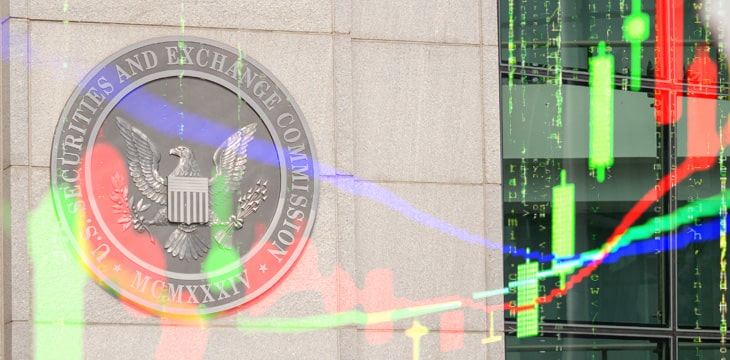|
Getting your Trinity Audio player ready...
|
An alleged digital currency Ponzi scheme has continued to attract unsuspecting investors in the Philippines, more than a month after it was first flagged by regulators.
The securities regulator of the Philippines cautioned investors to be aware of several digital currency schemes in July, including a company called Forsage, in its latest round of warnings against unauthorized schemes and their operators.
The Securities and Exchange Commission (SEC) published details of three firms peddling digital currency that investors should be aware of—Forsage, RCashOnline and The Saint John of Jerusalem Knights of Malta Foundation of the Philippines, Inc.
Forsage was identified as being unregistered, which means the company has no legal standing to accept investments, or to sell investment products to the public. Yet a month later, the scheme is still operating without the approval of the securities regulator.
Those involved in the company are liable to prosecution according to the SEC, with unlawful investment activity attracting up to 21 years in prison, as well as fines of up to PHP5 million (~US$102,000).
Miguel Cuneta, co-founder of local fintech startup Satoshi Citadel Industries, described Forsage as a “run-of-the-mill Ponzi” scheme. He was quoted by other media sources saying that he’s received inquiries about “’investing’ in Ethereum” as “people are posting screenshots of their wallets turning a small amount of money into a large amount of money in a short time.”
“It’s the run-of-the-mill Ponzi scheme using Ethereum, or in the case of the earlier ones that were already busted, BTC, as the ‘product’ they are selling,” Cuneta said.
“Join by paying X amount of money, and then either do nothing and earn in ETH, or if you want to earn more, recruit three people and let them do the same thing. They use the rising BTC and ETH prices to prove that the investment is really earning. It’s the same formula every single time. Sadly, people are desperate to earn extra income in this pandemic crisis and fall for these schemes more easily.”

 02-20-2026
02-20-2026 




